Ten website terms you need to know.
Whether you’ve just started out in digital marketing or are helping a client to get started (or rebooted) online, it will soon become clear to you that a website is a key marketing tool for any business looking to establish their online presence and capture the attention of their target market.
And, just like the online space in which they exist, websites are bound by a set of rules (and, more specially, codes) that govern how they are created, operate, and perform. And, as with all unique worlds, they also come with their own language and key terminology, especially when it comes to website redesign. As digital marketing experts, we love helping people to understand and harness the power of digital marketing resources and assets like websites. So, let’s get started with building up your website dictionary with some important website buzzwords and phrases.
Want to use your website to grow your business? Read more in our website eBook.
Ten website terms you need to know
1. Hosting
This is how your website goes ‘live’ i.e. is made available to the public. This is done via a web server – essentially a computer that’s always connected to the internet. There are a variety of options available, from shared to dedicated hosting and each version comes with its advantages and costs.
2. Domain name
This is essentially your website address – ending in letters like .com or .co.za, depending on the region. It stands in for your more complicated IP address. Domain names need to be bought and registered, and point to the web servers hosting your website.
3. The back end
The front end of your website is what visitors see when they visit your website – hopefully, a beautiful, well-functioning set of pages. The back end refers to your website’s content management system (CMS). Back end code handles technical elements such as templates and redirects. You can log into your CMS to make form changes, add content etc.
4. HTML
This stands for HyperText Markup Language and is a web programming language that tells web browsers like Google how to render (display) words, pictures, audio and video on your web pages.
5. Analytics
Never to be underestimated, analytics are the numbers behind your website – this process refers to the numerical tracking of your visitors (demographics, geographics etc). If your website looks great but no one visits it, you have a problem. You need to know what works and what doesn’t in terms of your visitors and you can take the first step by analysing the analytics behind your website’s performance.
6. Landing page
A website page that visitors can arrive at or land on. It serves as the entry point for a website or a particular section of a website, and can be tailored to speak a certain target market.
7. Call To Action (CTA)
This refers to a text link (normally seen in the form of a graphic, image, or button) that directs the visitor to take an action such as visit a landing page, sign up for a newsletter, or fill out a contact form.
8. Conversion Rate
This metric will help you understand how effective your website is by showing you the number of visitors divided by the number of leads you receive from the site. The higher the conversion rate, the fewer visitors you need to get the same number of leads. Good website designers work hard to optimise this rate and to generate leads through website design.
9. FTP
This stands for File Transfer Protocol and refers to how a professional designer uses their computer to connect to the web server to transfer files to be used on your website.
10. SEO
SEO is the practice of optimising your website and overall web presence (including social media content) so that your website can be found on Google and other search engines, driving traffic towards your business.
And, if you’re think you’ve got those sorted now, there’s so much more to learn when it comes to website design and performance (and the exciting world on online marketing). And we can help! Talk to us – as expert digital marketing consultants, we’re passionate about educating and helping small business owners and marketing freelancers make the best use of tools like websites to grow their brand and business.

